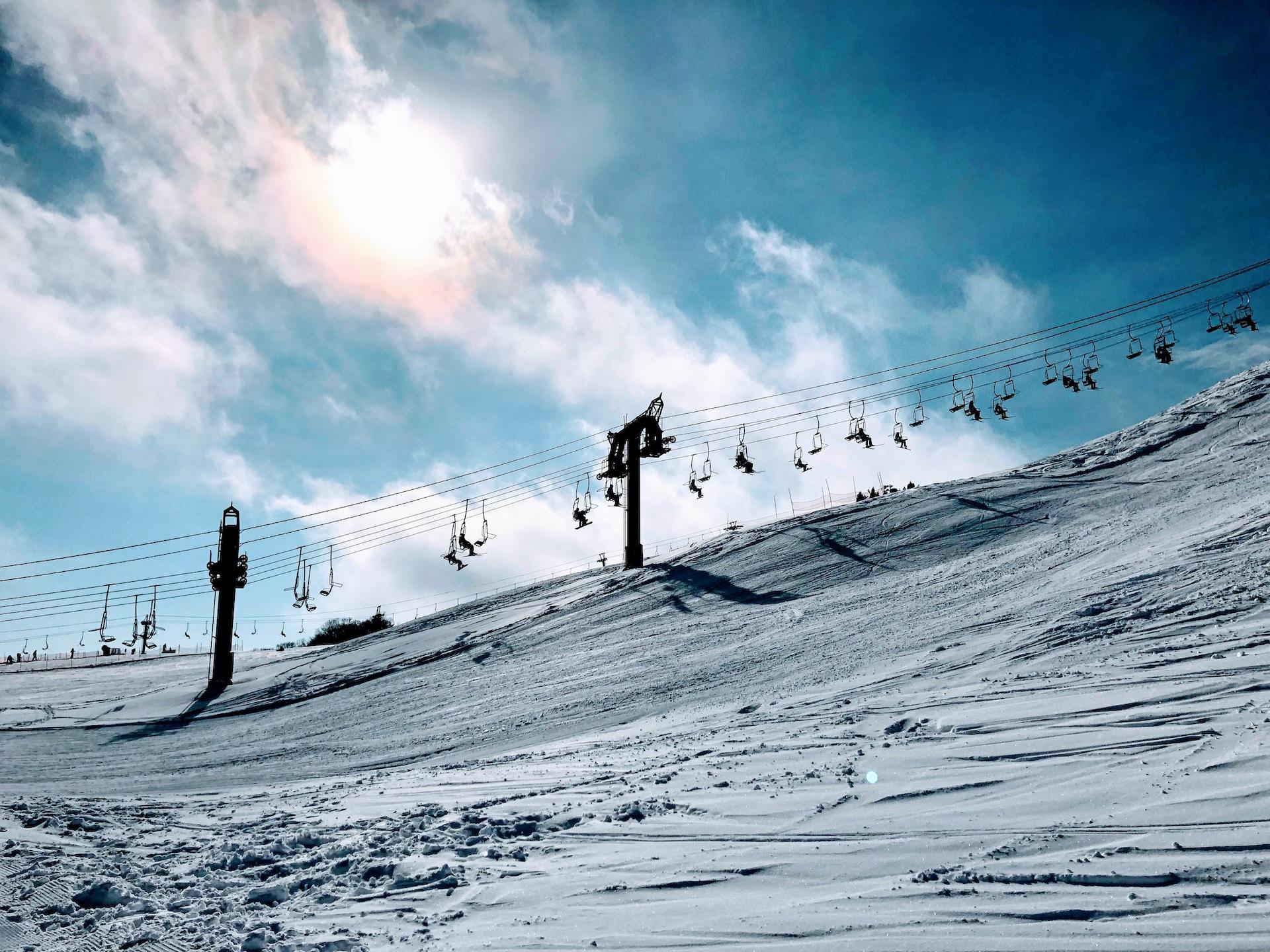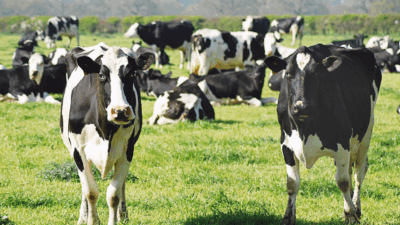
Sign up for smart news, insights, and analysis on the biggest financial stories of the day.
Are non-profit resorts the answer to Big Bad Vail and the rest of Big Ski? Who knows, but at least they’re free.
While mega ski resort brand Vail has been gobbling up ski slopes all across the country, a few small communities have managed to turn their local, sometimes abandoned lifts and trails into cheap and accessible non-profits, the Associated Press reported.
Small Mountain, Big Heart
It’s not out of the lift line to call Vail a monopoly at this point. In fact, Hasbro even released a Vail-themed version of their classic real estate board game a few years back. The $9.5 billion Colorado-based consortium owns and operates 37 resorts in 15 states and three countries. Though Vail has the funds to revamp trails, build gondolas, and invest in premier snow-making infrastructure, it often comes at the cost of an enjoyable customer experience. There’s a whole website dedicated to it.
One small Colorado community is presenting an alternative to the rise of Big Ski. Cuchara Mountain Park in La Veta closed in 2000 because of poor weather and even poorer management. It sat deserted for the next 16 years until the Cuchara Foundation, a community development nonprofit, put a downpayment on the mountain and then raised funds via local events and fundraising jars:
- Chucara is not trying to be Vail. Instead of a lift, Chucara staff welded school bus seats to a trailer and dragged skiers up the mountain using a snowcat. The foundation is still working on gaining lift certification, but the mountain is open and free to the public for ski season.
- Similarly, the nonprofit Antelope Butte Mountain in Wyoming opened in 2018 with a mostly volunteer staff and the goal of providing an affordable experience with lift tickets that are only $20. By comparison, a lift ticket at a Vail resort could set you back $200.
“It’s not necessarily about drawing overnight or out-of-town guests, but about bringing positive economic impact and a source of physical and mental wellness for the community,” Adrienne Isaac, marketing director for the National Ski Areas Association, told the AP.
Not enough snow: Regardless of their size or funding, all ski resorts are wrestling with the effects of climate change. As ski seasons get shorter, resorts are eschewing further investment in snowmaking equipment and trying to build up their year-round offerings with concerts, weddings, archery, and mountain biking.











